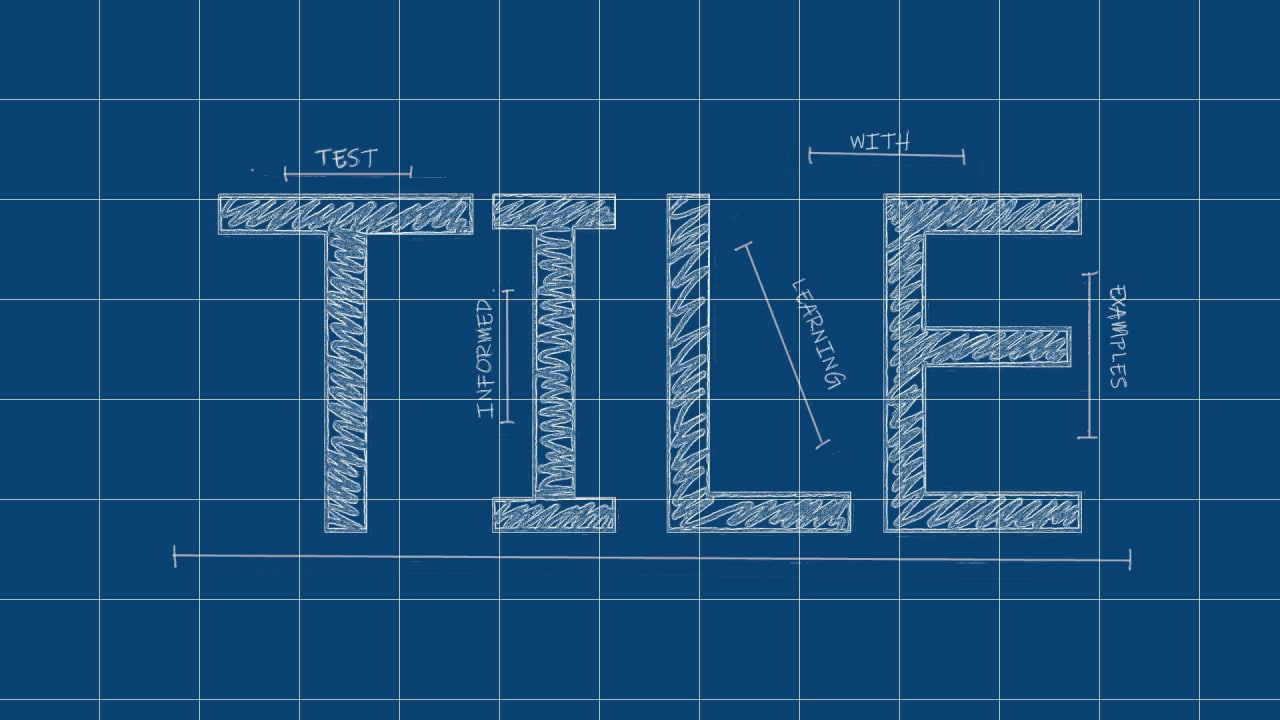Test Informed Learning with Examples

Repository with assignments using the Test Informed Learning with Examples (TILE) method to integrate testing into existing programming courses for free.
Menu
LinkedIN Community
Join our LinkedIN Community.
Cite this work
Use the following BibTeX entry to cite this work:
@INPROCEEDINGS{DVMB2023,
author={Doorn, Niels and Vos, Tanja and Marín, Beatriz and Barendsen, Erik},
booktitle={2023 IEEE Conference on Software Testing, Verification and Validation (ICST)},
title={Set the right example when teaching programming: Test Informed Learning with Examples (TILE)},
year={2023},
volume={},
number={},
pages={269-280},
doi={10.1109/ICST57152.2023.00033}
}
String formatting using test case data
Suppose you need to test a program that takes two floats as input and produces a boolean as the result. A test case for this program consists of:
-
an identifier
-
two float type inputs
-
an expected bool type output
-
the result of the test test: “PASS” or “FAIL”
Write a Python program that asks the user for the following data:
-
an integer (
i) -
two floats (
f1andf2) -
a bool (
out) -
a String (
result)
Your program must generate a string that uses the requested data and that describes the test case. For example, if:
i = 2
f1 = 123.456
f2 = 12345.67
out = True
result = PASS
your program should produce:
TEST_ID_002 --- inputs: 1.23e+02, 1.23e+04 --- output: True --- result: PASS
The first part of the string is used to classify test cases: it
always has to start with 'test_ID_' followed by an identifier of
maximum 3 digits. If i has fewer digits then it must be filled
with leading zeros.
Floats must be presented in scientific format.
You have to do 2 different implementations of your program. One
using the String module operator % to format, and another with the
str.format().
This exercise is about creating strings that have certain patterns
using string manipulation. It used to be about file names, it was
TILEd by making it about test cases and their components.